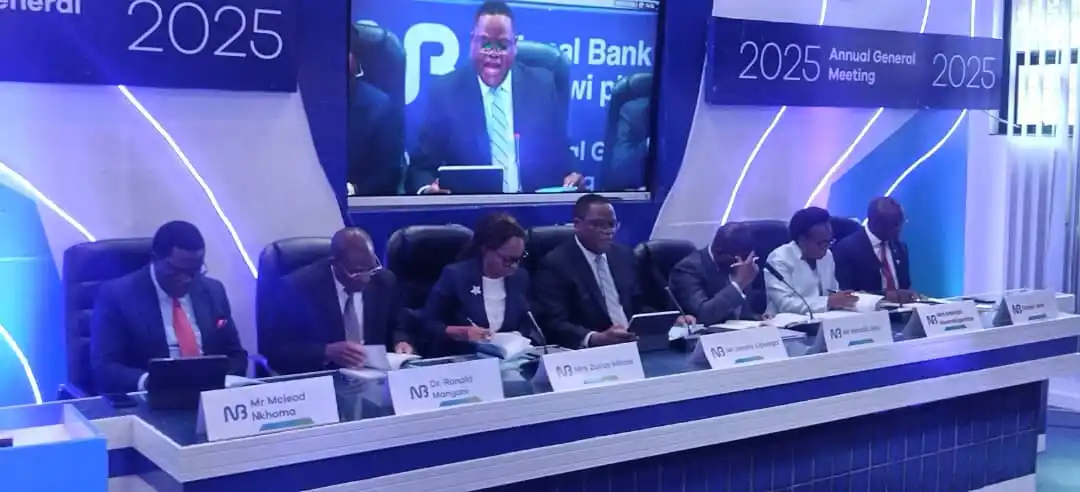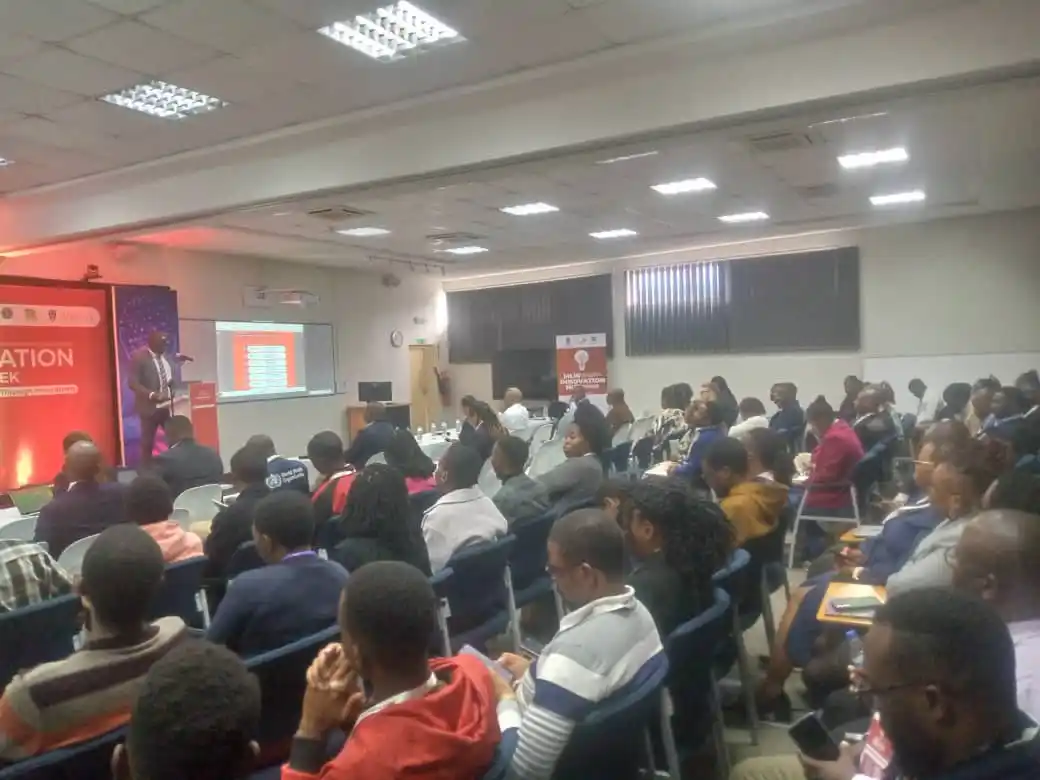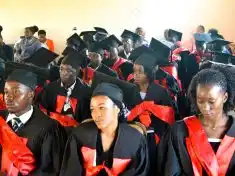As things heats up ahead of the UTM party’s convention, questions are swirling around the conduct of two high-profile party members: Mathews Mtumbuka and Dalitso Kabambe.

Both seasoned, well-respected, learned individuals with perfect academic and professional credentials, Mtumbuka and Kabambe have notably lent their support and submitted to the convention preparations, despite mounting revelations that the process is, in plain sight, flouting UTM’s own constitution.
For a party that prides itself on its intellectual capital and democratic values, the actions of Mtumbuka and Kabambe are raising eyebrows. Why, many are asking, are these prominent figures submitting to participate in a process that clearly violate the very constitutional provisions they are expected to uphold?
The UTM Constitution, which governs the party’s internal affairs, outlines a clear process for the selection of leaders and the holding of conventions. However, critics argue that recent actions taken by the party’s leadership seem to disregard these regulations. The most contentious issue revolves around the selection of delegates and the way the convention’s logistics are being handled—both areas where the party’s governing document stipulates specific procedures designed to ensure fairness and transparency.
Some party insiders have voiced concerns about the irregularities in the convention preparations, citing the lack of proper consultations and the apparent sidelining of key party organs that should have been involved in organizing the event.
Furthermore, the Constitution requires that any changes to leadership positions, including nominations for presidential candidates, be subject to due process, with consultations and nominations being conducted at grassroots levels. Yet, many within the party feel that these procedures are being bypassed in favor of a more top-down approach.
Not only that.
The appointment of the organizing committee, as mandated by Article 20, hasn’t gone through due process. Make it even worse, there has been apparent mismanagement of funds, as the convention money has been deposited into a non-party account, violating Article 8.
In this context, Mtumbuka and Kabambe’s participation in the convention preparations has sparked a debate about party loyalty versus constitutional integrity. These two figures, who have earned reputations for their sharp minds and adherence to rules and regulations in their respective careers, are now seen by some as compromising their principles for political expediency.
Mathews Mtumbuka, a well-respected academic and an astute corporate governance figure, has long been admired for his candid analysis of Malawi’s political and economic challenges. His decision to participate in what critics see as an unconstitutional convention process raises serious questions about the moral and ethical responsibilities of political leaders. Is he, like Kabambe, simply going along with the party’s current trajectory, or is there a deeper strategy at play?
Dalitso Kabambe, a former Reserve Bank of Malawi Governor, has similarly built a reputation as a technocrat committed to sound governance and financial stability.
Kabambe’s alignment with a convention that may be violating the party’s constitution strikes many as a perplexing departure from his usual adherence to process and protocol. His involvement, particularly given his background in institutional governance, suggests either a stark political compromise or an acceptance of what many see as a party in disarray.
For many, the fundamental question is why two individuals with such distinguished careers would allow themselves to be complicit in a process that appears to be constitutionally questionable.
Is the lure of political power so great that Mtumbuka and Kabambe are willing to overlook the principles they have long espoused? Or are they playing a larger game, one in which short-term political victories are prioritized over the long-term stability and integrity of the party?
The answer may lie in a mix of political pragmatism and the internal dynamics of UTM, where loyalties to the party leadership and the pursuit of key positions may be clouding judgment. It’s also possible that Mtumbuka and Kabambe, despite their expertise, are simply caught in the whirlwind of a party grappling with internal power struggles, leaving them with little choice but to conform to the direction set by party leadership.
However, for the UTM party—whose credibility has already been questioned in the wake of its internal turmoil—the stakes are high. The handling of this convention and the party’s adherence to its own constitution will either reinforce its democratic credentials or expose it as a party willing to sacrifice its founding principles for the sake of political expediency.
The upcoming convention, and the role played by figures like Mtumbuka and Kabambe, will likely serve as a critical test of UTM’s commitment to internal democracy.
For now, the question remains: will these learned individuals stay true to the party’s constitutional framework, or will they, like many others in politics, allow the rules to be bent to serve personal and party interests? Only time will tell, but the stakes for the party’s future are undeniably high.








0 Comments